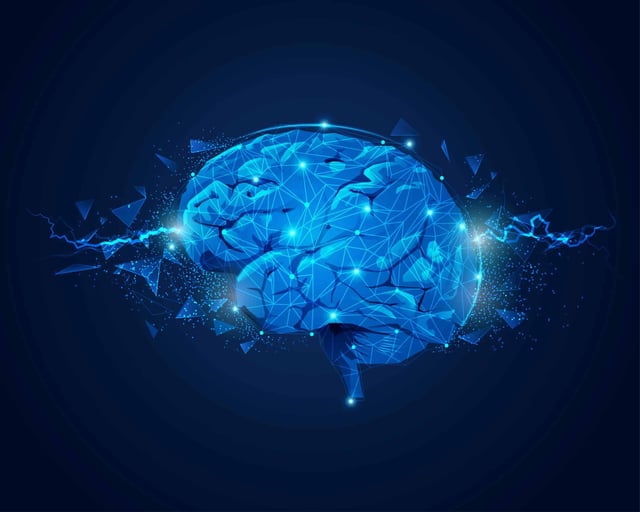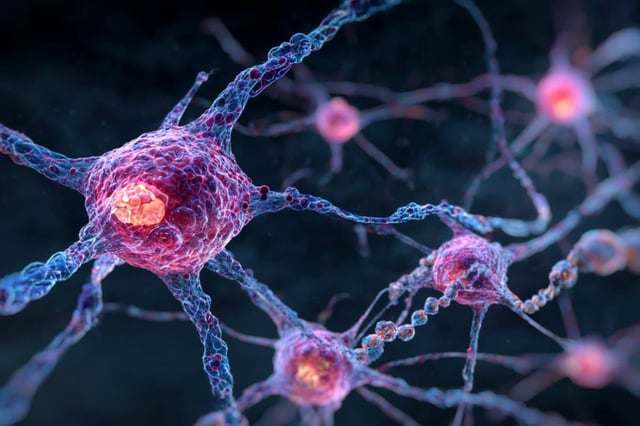Overview
- Cypin promotes K63-linked polyubiquitination on synaptic proteins to ensure their correct placement and strengthen neuron communication.
- By binding to the proteasome, cypin slows degradation of key proteins, resulting in higher synaptic protein levels crucial for memory formation.
- The protein also boosts UBE4A activity, further enhancing synaptic protein tagging and reinforcing learning pathways.
- Published in Science Advances on July 11, the study led by Rutgers’ Bonnie Firestein and Michigan State collaborators combined in vitro and in vivo experiments.
- Supported by NIH and the Coalition for Brain Injury Research, ongoing translational projects aim to leverage cypin’s mechanisms to treat Alzheimer’s, Parkinson’s and traumatic brain injury.

